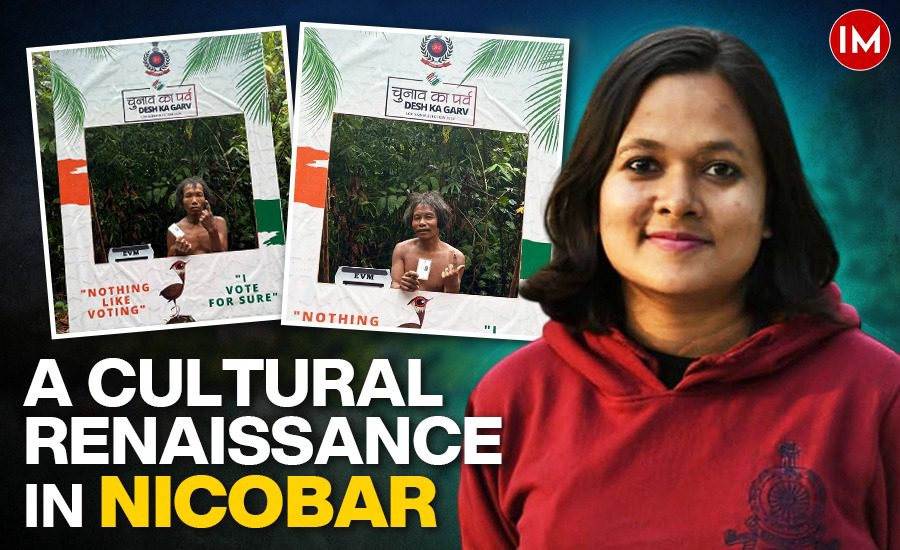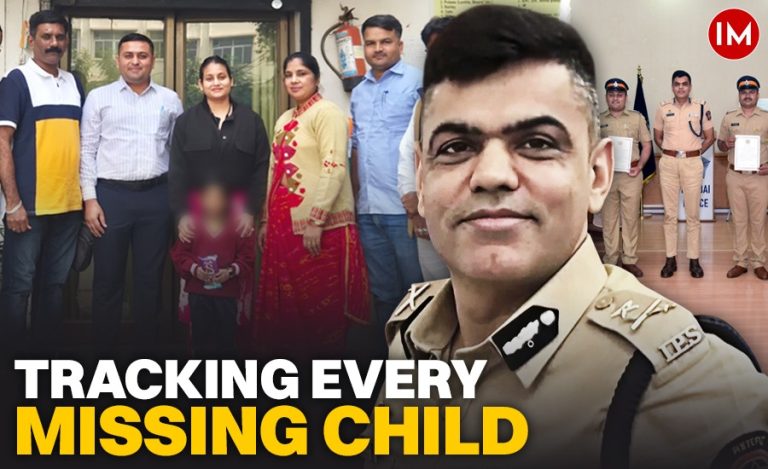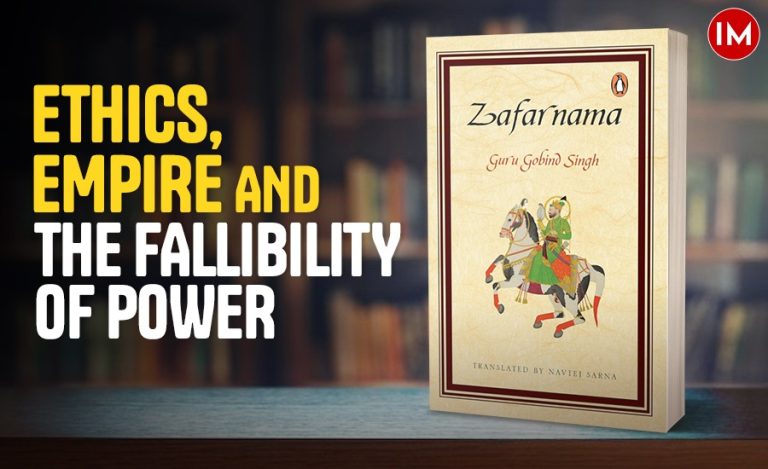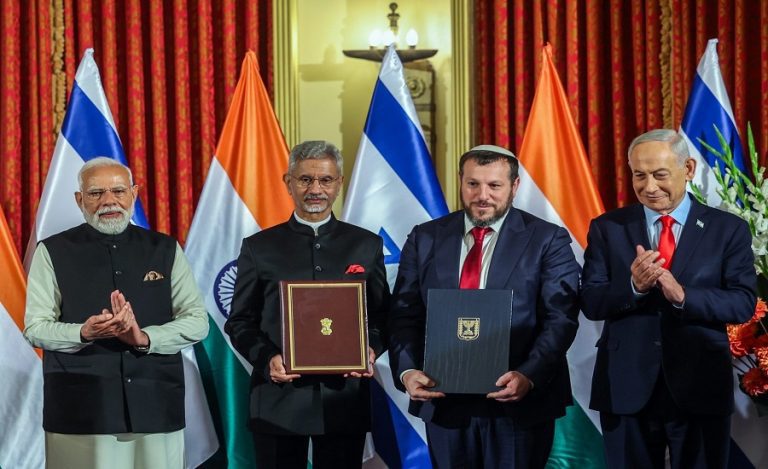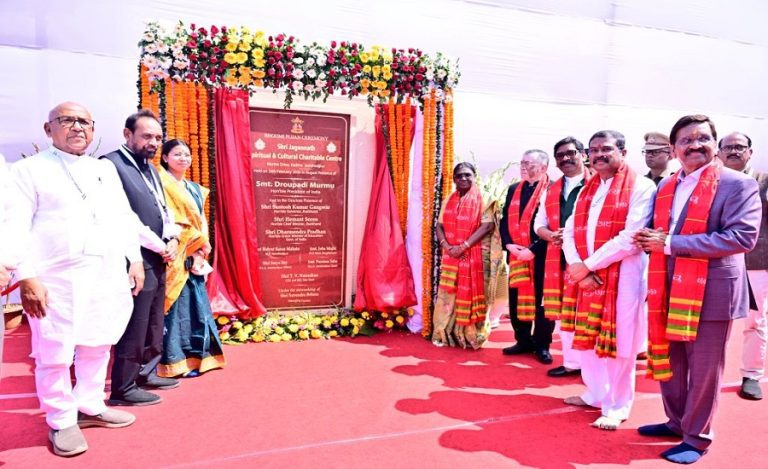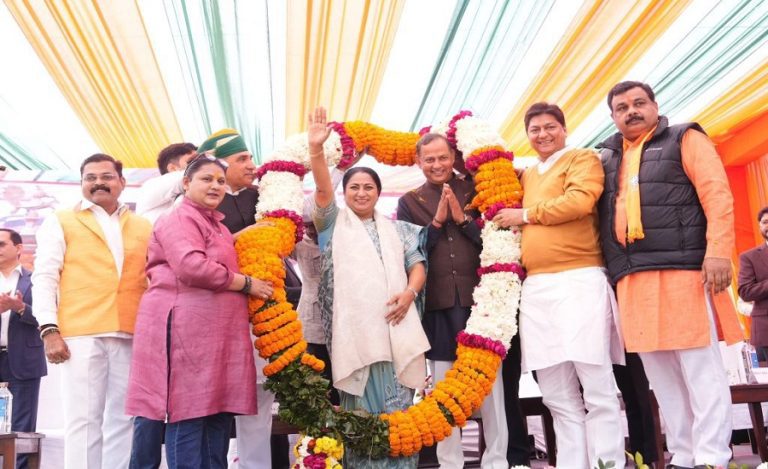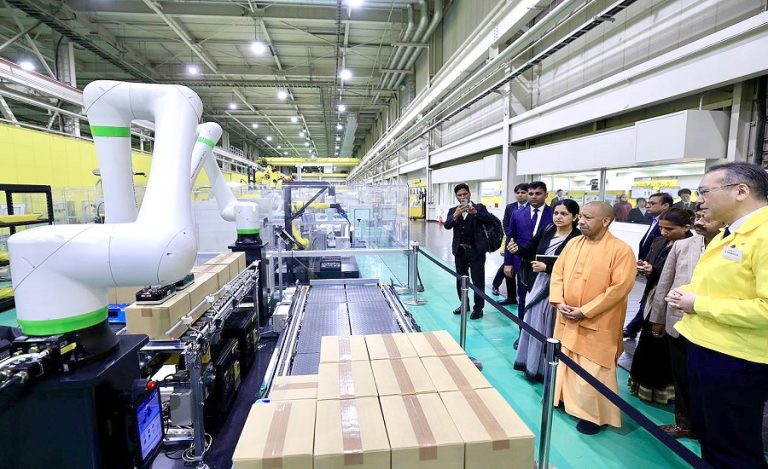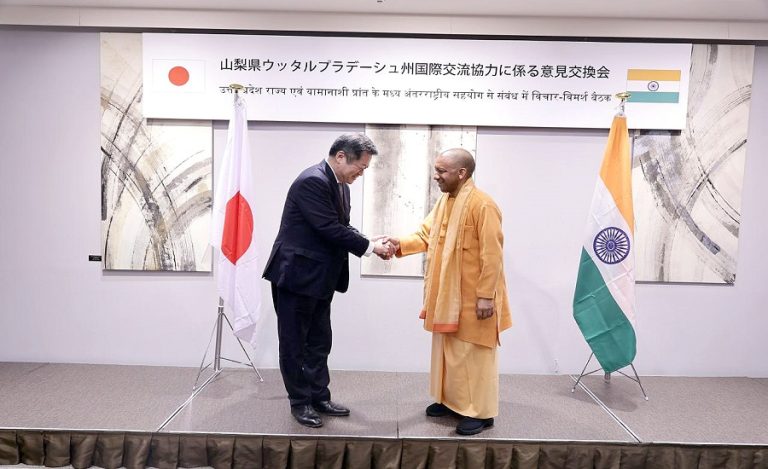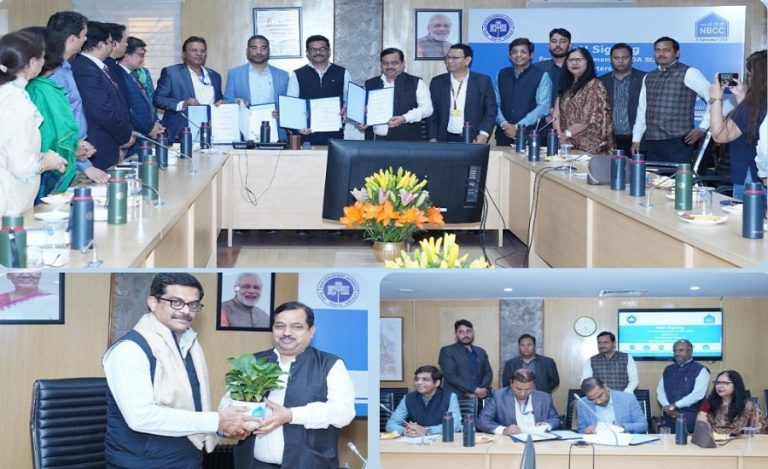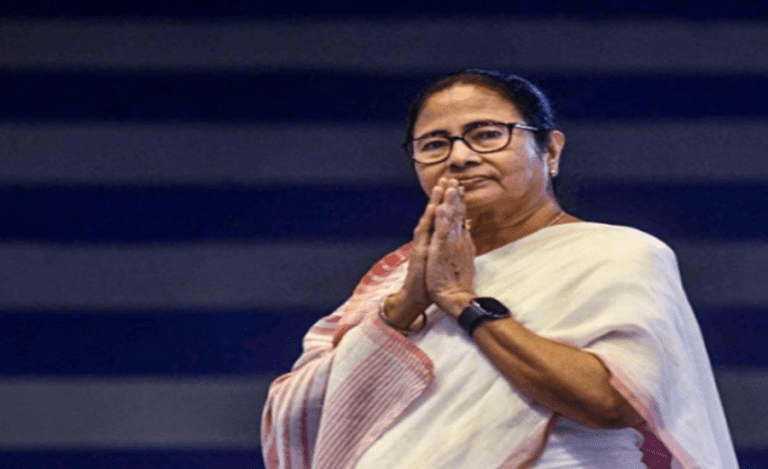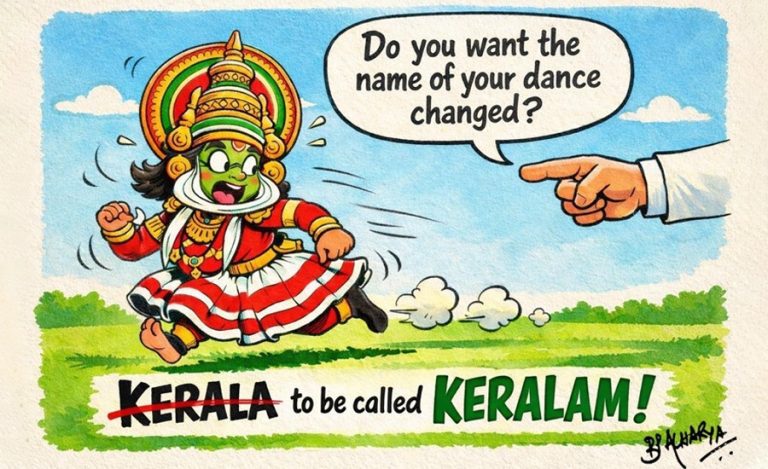In the heart of the untouched Great Nicobar Island lies a story of resilience, culture, and unprecedented progress. For decades, the Shompen tribe, hidden within the dense forests, remained distant from the world of modernity and democracy. This narrative began to change when Jyoti Kumari, IAS, a 2018 batch officer of the AGMUT cadre, stepped in as the former Deputy Commissioner (DC) of Nicobar. With unwavering determination, Kumari embarked on a mission to uplift the tribal communities while fiercely guarding their cultural identity.
“Development should never come at the cost of culture,” Ms. Kumari shared with Indian Masterminds. She is now transferred from Nicobar.
PRESERVING TRIBAL HERITAGE
The Shompen tribe, numbering a mere 229 according to the 2011 Census, are the indigenous custodians of Great Nicobar’s inner landscapes. Known for their reclusive nature, they have long struggled to navigate the fine line between tradition and progress. Understanding their vulnerability, Kumari spearheaded a groundbreaking initiative to document and protect their history.
The first Anniversary of Indian Independence was celebrated enthusiastically on 15 August 1948. The records of that time paint a beautiful picture of the celebration on the remote island of Car Nicobar. #Nicobarsin1947 #IndianIndependence pic.twitter.com/53oWRlHzeH
— Nicobars District Official (@DC_Nicobars) August 15, 2024
In a dusty record room of the district administration, Kumari’s team unearthed treasures: documents dating back to India’s independence. These relics narrated tales of resilience during the Japanese invasion, the trials of post-independence reconstruction, and the unique struggles faced by Nicobar’s tribal communities.
“These records are not just history; they’re a roadmap for sustainable governance,” Kumari emphasized, as the initiative breathed new life into the district’s forgotten archives.
A HISTORIC MILESTONE
History was made when seven members of the Shompen tribe, a Particularly Vulnerable Tribal Group (PVTG), stepped out of their forest homes to cast their votes in the Lok Sabha elections. For a community unfamiliar with democracy, this was no small feat—it was a triumph of inclusion and empowerment.
The journey to this moment was meticulously planned. Awareness sessions on Electronic Voting Machines (EVMs) and Voter Verifiable Paper Audit Trails (VVPATs) were conducted in the Shompen’s native tongue, with the help of an interpreter known as ‘Mathiyas,’ a Nicobari youth. A brilliant innovation followed: a rope knotted to mark the days leading to the election was distributed among tribe members. Each day, a knot was untied, bringing them closer to the historic moment.
How history was created?
— Chief Electoral Officer, Andaman & Nicobar Islands (@AndamanCEO) April 19, 2024
A short beautiful video about the journey of Shompen Tribe voting for the first time at Great Nicobar!!#GeneralElections2024 #ECI #LokSabhaElections2024 #ECISVEEP #IVoteforSure #ChunavKaParv #DeshKaGarv pic.twitter.com/MUwOORJfwG
On voting day, the Shompen emerged from the forests, their faces lit with pride. At the polling station named ‘Shompen Hut,’ they cast their votes and posed for selfies beside a banner declaring, “I vote for sure.” The scene was both heartwarming and symbolic, a visual testament to their first steps into the democratic process.
“This moment symbolizes more than just a vote; it’s the Shompen’s step towards a connected future,” Kumari remarked, her words resonating with hope and determination.
INNOVATIVE OUTREACH
The voting initiative was part of a broader campaign under the Systematic Voters’ Education and Electoral Participation (SVEEP) program. To galvanize voter participation across In Nicobar, the district administration organized events like a marathon from BJR Stadium to Edward Kuchat Park, coupled with demonstrations of EVMs in remote villages.
Adding a creative flair, a mascot named ‘Megha,’ inspired by the Nicobari Megapode bird, became the face of the campaign. Kumari’s efforts extended to other tribal groups as well. The Onge and Great Andamanese tribes recorded near-total voter turnouts, showcasing a ripple effect of the administration’s intensive engagement.
EMPOWERING ISLANDS THROUGH E-GOVERNANCE
Breaking barriers of geography and isolation, Kumari’s administration inaugurated e-corner centers in the remotest islands of Katchal, Teressa, and Chowra. These virtual hubs, launched by the Chief Secretary of Andaman and Nicobar Islands, brought essential e-services to the fingertips of islanders, transforming governance in the region.
A VISION OF INCLUSIVE GROWTH
Kumari’s vision for Nicobar extended far beyond elections. Her tribal development programs focused on improving healthcare, education, and livelihoods while ensuring the preservation of cultural traditions. Pledge ceremonies and ‘Wall of Democracy’ initiatives further cemented the administration’s commitment to community participation. By fostering a harmonious blend of modernity and tradition, Kumari proved that development and culture can thrive together.
A LEGACY OF LEADERSHIP
Nicobar’s journey has always been one of resilience. From the tumultuous days of Japanese occupation to its integration into the Indian nation on August 15, 1947, the region has faced immense challenges. Today, under leaders like Jyoti Kumari, the islands are scripting a new chapter of progress and inclusion.
The Shompen tribe’s historic participation in elections is a shining example of what compassionate and visionary leadership can achieve. Kumari’s efforts have not only uplifted a marginalized community but have also set a benchmark for governance in the most remote corners of India. As her tenure demonstrates, the true measure of progress lies not just in infrastructure but in the empowerment of every individual—regardless of how far they are from the heart of the nation.

